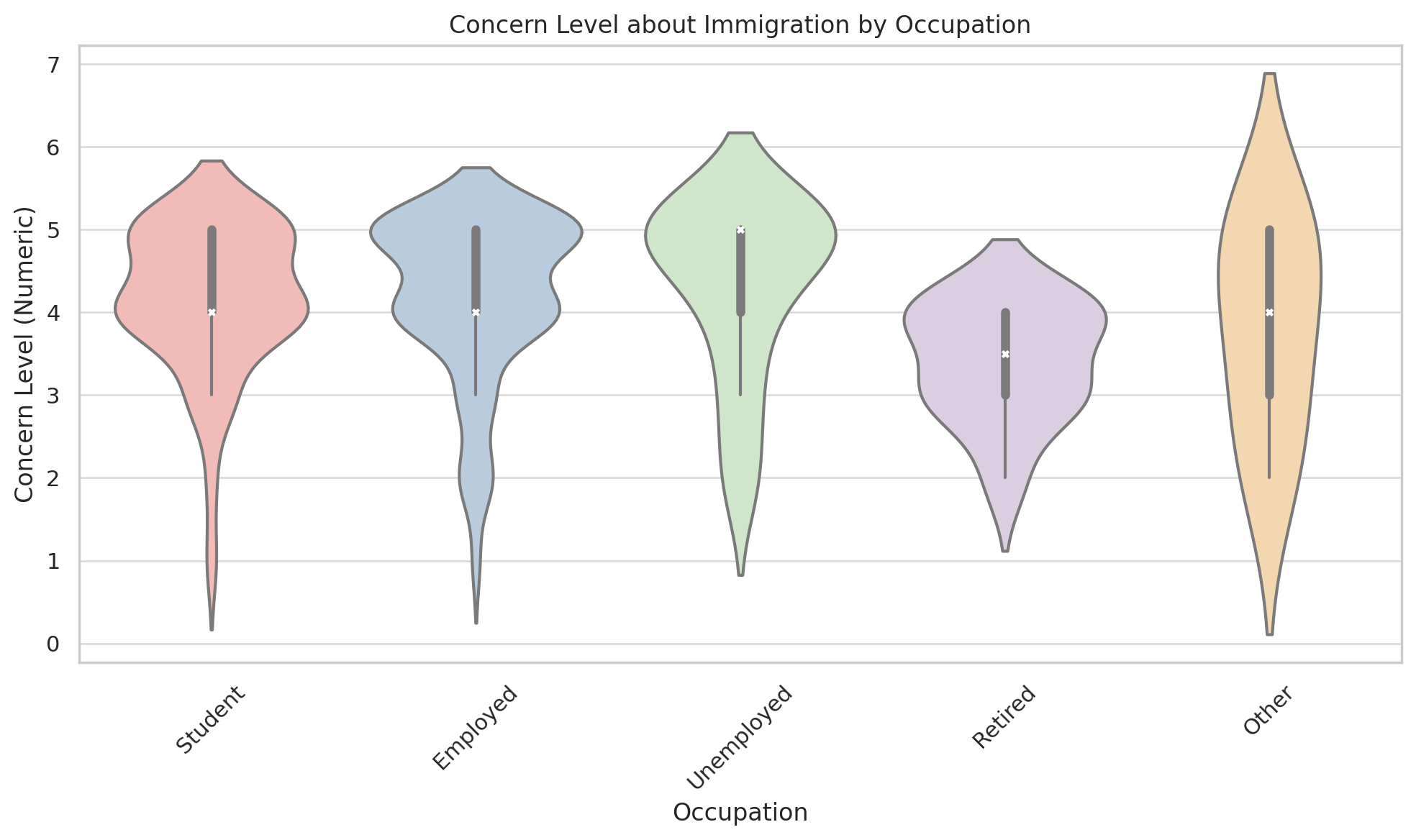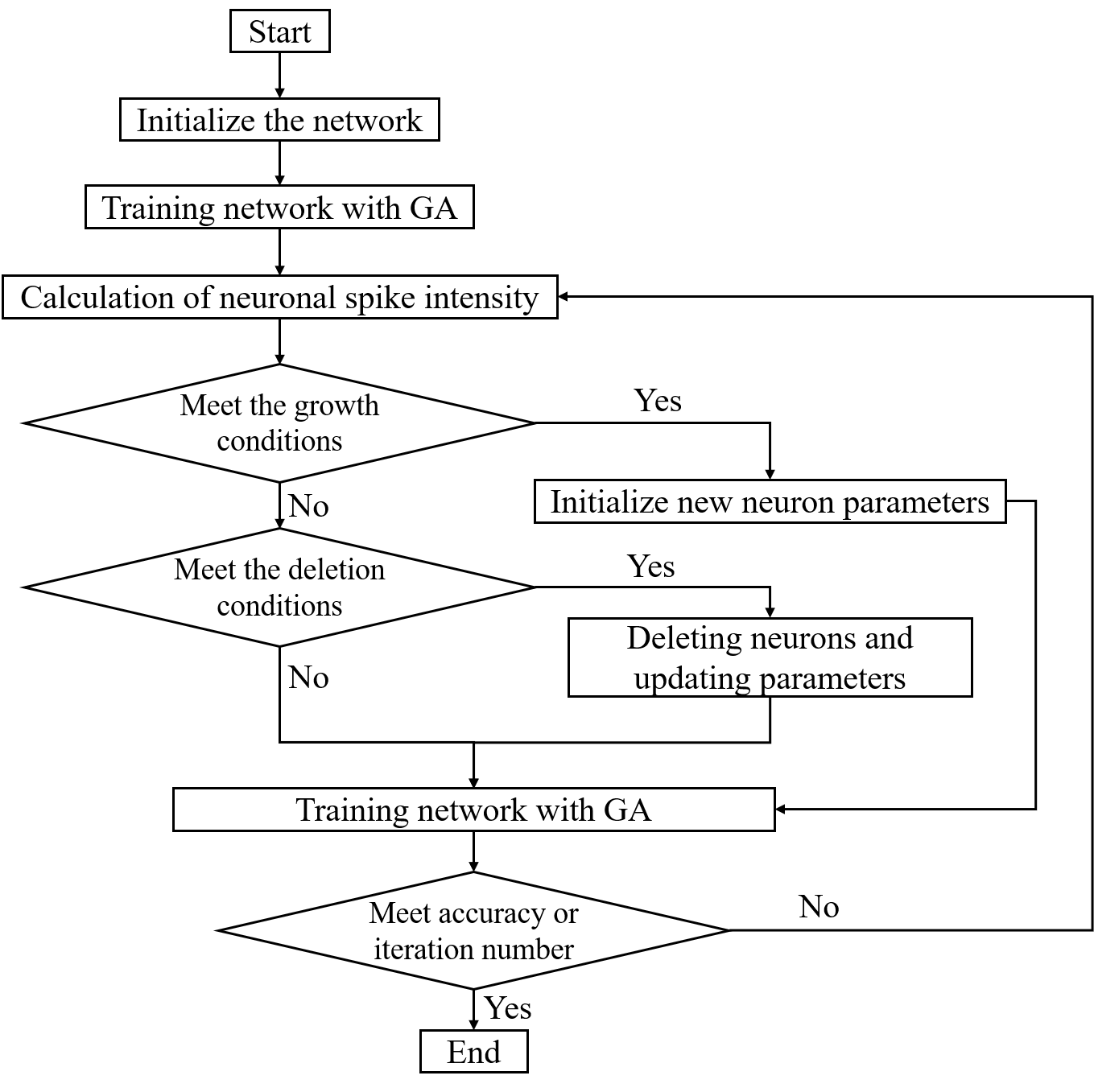 An open access journal
An open access journal
Gene Editing and CRISPR Technology: Revolutionizing Biomedical Research
Abstract
Gene editing and CRISPR technology have transformed the landscape of biomedical research by offering precise and targeted genetic modifications. This paper explores the significance of gene editing, emphasizing its role in disease treatment, genetic engineering, and biotechnology applications. It delves into various aspects, including CRISPR-Cas9 systems, gene therapy, and ethical considerations. The discussion includes the benefits of gene editing, such as potential cures for genetic disorders, enhanced crop yields, and novel therapeutic approaches. Moreover, the paper addresses the challenges and ethical dilemmas in gene editing, including off-target effects and responsible use. Through a review of gene editing studies and clinical trials, the study highlights the positive outcomes associated with the advancement of gene-editing technologies.
Share and Cite
Article Metrics
References
- Doudna, J. A., & Charpentier, E. (2014). The new frontier of genome engineering with CRISPR-Cas9. Science, 346(6213), 1258096.
- Jinek, M., Chylinski, K., Fonfara, I., Hauer, M., Doudna, J. A., & Charpentier, E. (2012). A programmable dual-RNA–guided DNA endonuclease in adaptive bacterial immunity. Science, 337(6096), 816-821.
- Komor, A. C., Badran, A. H., & Liu, D. R. (2017). CRISPR-based technologies for the manipulation of eukaryotic genomes. Cell, 168(1-2), 20-36.
- Liang, P., Xu, Y., Zhang, X., Ding, C., Huang, R., Zhang, Z., ... & Songyang, Z. (2015). CRISPR/Cas9-mediated gene editing in human tripronuclear zygotes. Protein & Cell, 6(5), 363-372.
- Mout, R., Ray, M., Yesilbag Tonga, G., Lee, Y. W., Tay, T., Sasaki, K., ... & Rotello, V. M. (2017). Direct cytosolic delivery of CRISPR/Cas9-ribonucleoprotein for efficient gene editing. ACS Nano, 11(3), 2452-2458.






